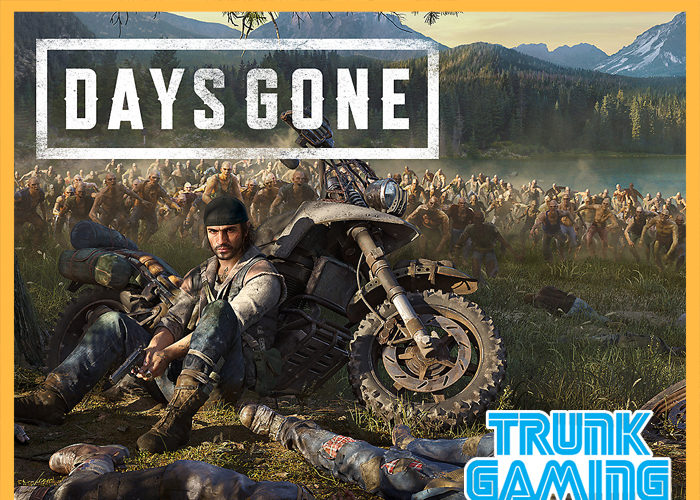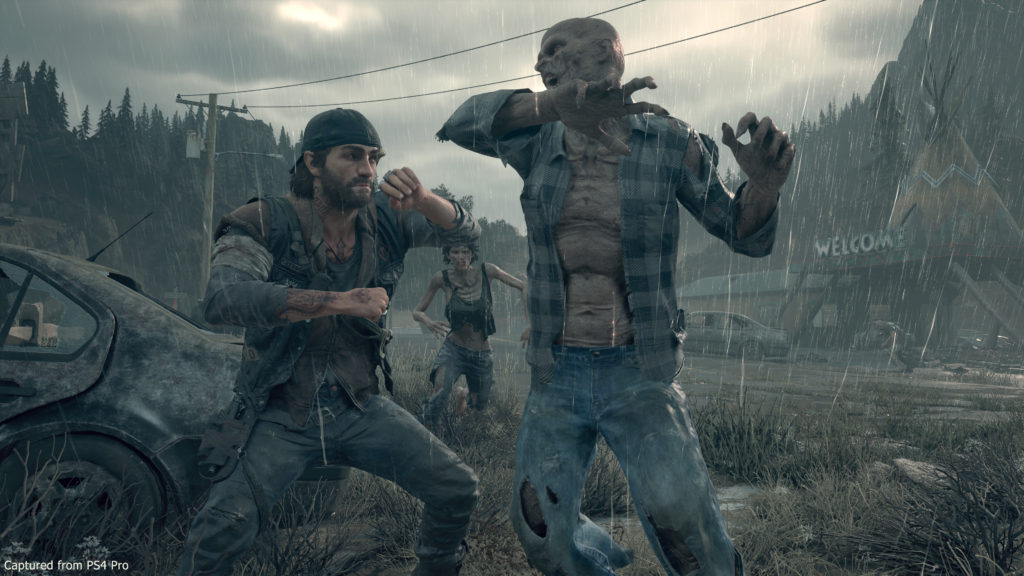
Although she has had to take a few reflective deep breaths from time to time, Lisa Durupt never doubted herself or her ability to make a career in the arts. With an unwavering belief that her dreams would one day become a reality, the Canadian-born actress stayed the course. Now with her role as Paula Noble in the recently-released film “Breakthrough,” what lies ahead is becoming increasingly more clear as she continues to build on an already impressive 2019, which also includes a return to the series “Heartland” later this summer.
We recently sat down with Durupt to discuss taking life lessons from her costars, the unpredictability of acting, and “playing cold.”
TrunkSpace: “Breakthrough” is based on a true story. When there are real people involved in the journey that you’re taking audiences on – even with artistic license taken – do you feel like you have a responsibility to those who lived the story? Is there a different feeling on set with a project like this than something that is entirely fictional?
Durupt: Of course, yes. You want to be careful to honor their actual story but at the same time you need to trust that you were hired because you had the right type of energy from the start. At the end of the day if you focus on the facts of the story and on the relationships that the character had with everyone else, you can rest assured you are somewhat on track. The feeling on set was different than fiction in the sense that everyone wanted to get it right. There is always a sense of trying to make a great show, but when it is a true story, there is a little extra care that is taken, even if no one says it out loud.
TrunkSpace: Paula Noble is a real person. What was your approach to giving her life on screen? How much of who the woman actually is in real life is present in your performance?
Durupt: I had to trust that my gut instincts were on point, as I did not meet her unil the premiere. I met her husband Jason Noble on set but she did not make the trip. He confirmed that I was a great choice as she is just as sassy and spunky, so I felt pretty comfortable at the end of the day.
TrunkSpace: There’s a lot of heavy drama involved in “Breakthrough.” Was there a moment captured in the film that you feel shined a spotlight on a side of your acting that the world had yet to see? Were you able to go places as Paula that you hadn’t had an opportunity to with previous roles?
Durupt: I do get to do a fair bit of comedy in my career so a film like this was a nice change of pace. I think the one aspect that I had not tackled before was Paula’s unwavering faith. I grew up going to United Church until I was about 12, but due to sports on Sundays eventually we stopped going. Understanding her point of view about faith and religion was a new one for me, I learned a lot about myself in the process.
TrunkSpace: What would younger Lisa – the one who first decided to make a career in the arts – think about her future self’s performance in “Breakthrough?” Would she be surprised?
Durupt: I think she would have thought you were nuts, but, at the same time, totally believed it. I was a late comer to the game but I never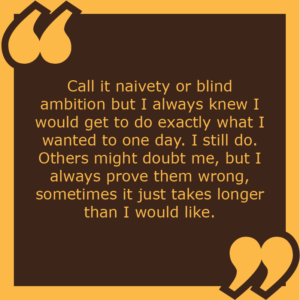 doubted I would make a career in the business. Call it naivety or blind ambition but I always knew I would get to do exactly what I wanted to one day. I still do. Others might doubt me, but I always prove them wrong, sometimes it just takes longer than I would like.
doubted I would make a career in the business. Call it naivety or blind ambition but I always knew I would get to do exactly what I wanted to one day. I still do. Others might doubt me, but I always prove them wrong, sometimes it just takes longer than I would like.
TrunkSpace: For the viewer, the end product is always the most memorable, but for those involved in the project it must go much further than that. What’s the most memorable aspect of getting to work on “Breakthrough” that you’ll carry with you through the rest of your life and career?
Durupt: The cast. I am a fan of them all so to get to know them on a personal level, as much as you can in the short time you work together, it was really special. They are all great people and sometimes in this business that is not always the case. I tend to take away a life lesson from each actor I work with and they gave me some of my most memorable yet. They are a special group and I wish them all continued success.
TrunkSpace: What has been an unexpected bonus or reward – something you could have never anticipated when you first started your journey as an actress – to a career in the arts? What is an aspect of your life that you wouldn’t have now had you not taken this path, but at the same time, one that you can’t imagine your life without?
Durupt: The relationships. The people I have met from all walks of life through work, they are talented, hard-working and creative beyond belief. It absolutely melts my heart to think about how spoiled I am to have them in my life. If someone had told me at 19 that I would have the circle of friends and extended family I have now, because of this business, I would never have believed it. I value those connections immensely and would never trade them for anything.
TrunkSpace: There are ups and downs in any career, but certainly the entertainment industry is known for delivering peaks and valleys. Was there ever a moment where you considered walking away from acting, and if so, what kept you on your path and looking forward?
Durupt: Oh man, yes! Every artist goes through that more often than they are willing to admit. Any other career, the amount of work you put in to auditioning, training, and managing your own career, you could be the CEO of the company. Acting is so unpredictable and out of your control. The reason I could never quit is my deep-rooted passion for what I do. Sometimes I do need to take a breath, shake it off for a few days and regroup. But quitting? Not an option.
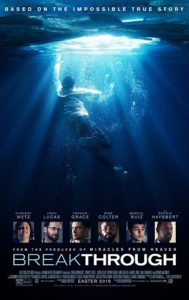 TrunkSpace: We’re suckers for Christmas movies here and have seen quite a few of yours, either around the holidays or during our Christmas in July binge sessions. Is it a bit of a trip to shoot these movies and dive into that red and green festiveness months before the holly is hung in real life?
TrunkSpace: We’re suckers for Christmas movies here and have seen quite a few of yours, either around the holidays or during our Christmas in July binge sessions. Is it a bit of a trip to shoot these movies and dive into that red and green festiveness months before the holly is hung in real life?
Durupt: YES! Murphy’s law: It is always so hot when we are shooting them and they are yelling (playfully) at you to “play the cold.” But I looove Christmas so I am happy to do it.
TrunkSpace: What has been the highlight of your career thus far?
Durupt: It is hard to pick one. There are so many for various reasons. A really memorable one was working with Josh Lucas. I was such a fan of “Sweet Home Alabama” back in the day. All my girlfriends and I swooned for him as ‘Jake’ so to meet him and get to know him as a person was a big highlight. He is a total gem and not to mention an awesome dad.
TrunkSpace: Time machine question. If you could jump ahead 10 years and get a glimpse of what your career looks like a decade from now, would you take that journey? If not, why?
Durupt: No. I am a big advocate of trusting that you are exactly where you were meant to be in life. It is too easy to worry about enough in life already that stressing about what is coming next only distracts you from staying present in the moment. I am so excited about what is coming up, I am just getting started. I don’t want to ruin the surprise.
Featured Image Photographer: Birdie Thompson
Featured Image Grooming: Allison Noelle




 Artist: Mason Ashley
Artist: Mason Ashley closing whatever chapter of life I was in while writing it. It’s definitely not always easy though, especially when it’s a very personal song. There are tracks that I’ve sworn I’d never release because they were too close to me… “Ever Had You” was one of those songs.
closing whatever chapter of life I was in while writing it. It’s definitely not always easy though, especially when it’s a very personal song. There are tracks that I’ve sworn I’d never release because they were too close to me… “Ever Had You” was one of those songs.
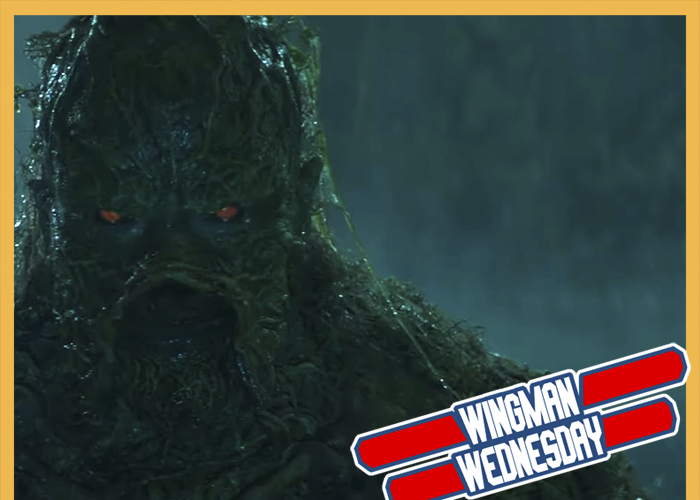

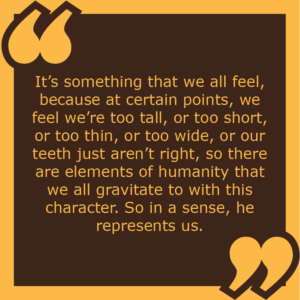 crew get along so well, and there’s no hierarchy between the different departments. It’s like, “Oh,
crew get along so well, and there’s no hierarchy between the different departments. It’s like, “Oh, 
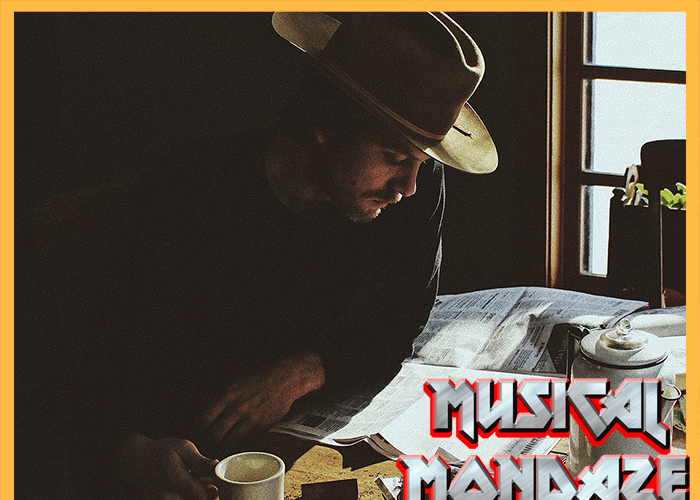
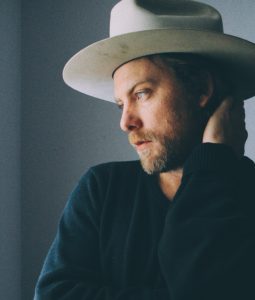
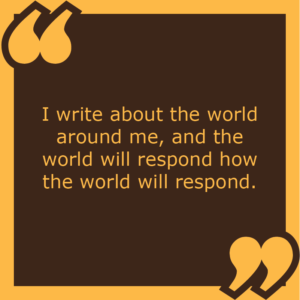 difficult way to make art, whether you’re a songwriter, a painter, a sculptor, a poet – whatever. Making art only by concepts and ideas requires someone so brilliant that they are always one step ahead of the smartest listener; the smartest viewer; the smartest reader. Someone like Auden could pull it off. Not many others. So if I catch a tailwind, I don’t see boxes to check, rather I’m just remembering old emotions (you brought them up!) as I pass them by, and I try to document them the best I can while I’m in their waters. There’s very little adventure in creating art with a GPS.
difficult way to make art, whether you’re a songwriter, a painter, a sculptor, a poet – whatever. Making art only by concepts and ideas requires someone so brilliant that they are always one step ahead of the smartest listener; the smartest viewer; the smartest reader. Someone like Auden could pull it off. Not many others. So if I catch a tailwind, I don’t see boxes to check, rather I’m just remembering old emotions (you brought them up!) as I pass them by, and I try to document them the best I can while I’m in their waters. There’s very little adventure in creating art with a GPS.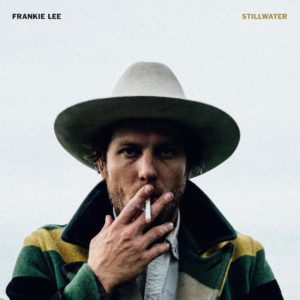 TrunkSpace: What would 10-year-old Frankie, hanging out in Stillwater, think about the music that his future self is writing? Would he be surprised?
TrunkSpace: What would 10-year-old Frankie, hanging out in Stillwater, think about the music that his future self is writing? Would he be surprised?
 Artist: Big Nothing
Artist: Big Nothing
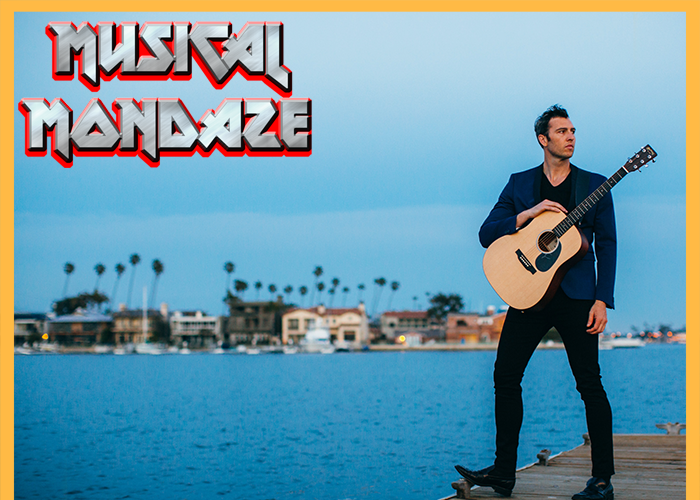
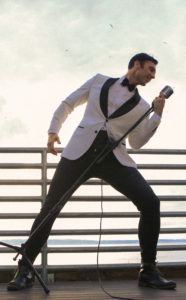 After performing more than 120 living room shows across the United States and Canada in 2017, James Lanman discovered something about music: if a song isn’t good enough to stand on its own acoustically and completely stripped down, then it doesn’t deserve the high-priced studio treatment. That revelation lead him to create his latest album, “Mosaics,”
After performing more than 120 living room shows across the United States and Canada in 2017, James Lanman discovered something about music: if a song isn’t good enough to stand on its own acoustically and completely stripped down, then it doesn’t deserve the high-priced studio treatment. That revelation lead him to create his latest album, “Mosaics,” 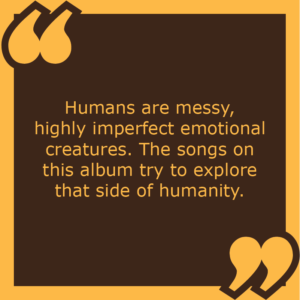 nurtured singles as opposed to full albums. Is there a reason why you still felt this collection of songs belonged on an album and not as individual singles?
nurtured singles as opposed to full albums. Is there a reason why you still felt this collection of songs belonged on an album and not as individual singles?
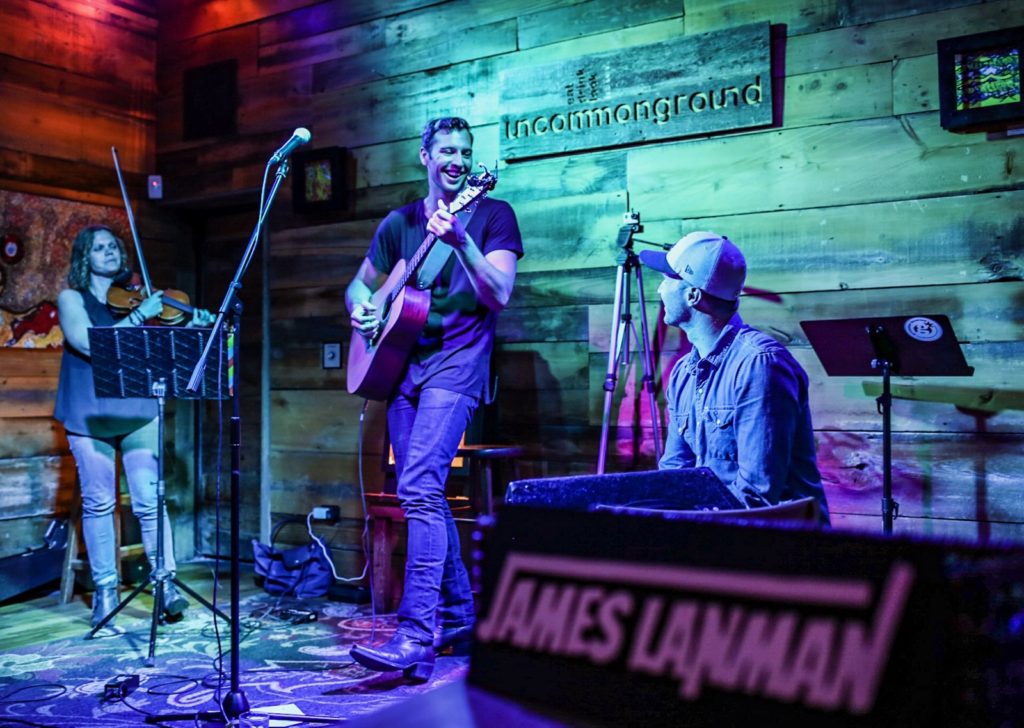
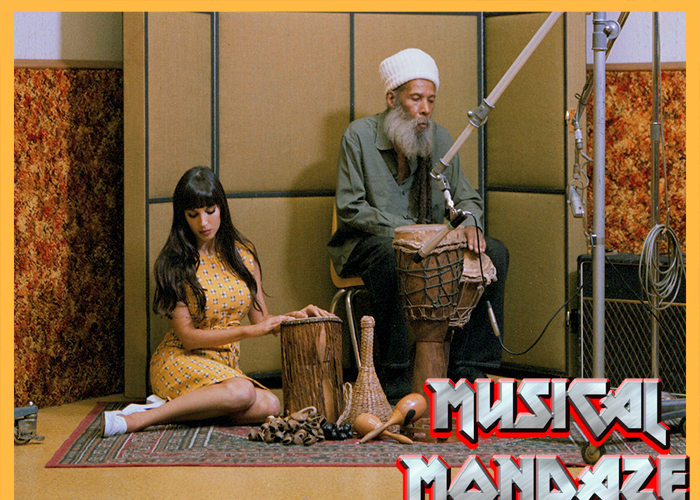
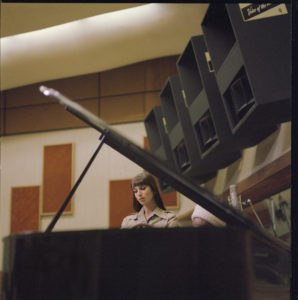
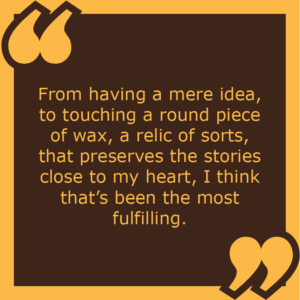 translate that dream into something real. Sometimes that meant a few attempts in certain areas, and there was a lot of experimentation along the way. After all, it was my first time approaching this kind of music and it was a significant learning process. I was lucky enough to have a producer who has a great understanding and affection for the genres as well, and he supported my relentlessness to make the record sound like it was perhaps something lost long ago. Through trial and error I hope we got pretty close.
translate that dream into something real. Sometimes that meant a few attempts in certain areas, and there was a lot of experimentation along the way. After all, it was my first time approaching this kind of music and it was a significant learning process. I was lucky enough to have a producer who has a great understanding and affection for the genres as well, and he supported my relentlessness to make the record sound like it was perhaps something lost long ago. Through trial and error I hope we got pretty close. TrunkSpace: Where are you most at home in your creativity? What conditions – external and internal – do you need to be able to sit down and write?
TrunkSpace: Where are you most at home in your creativity? What conditions – external and internal – do you need to be able to sit down and write?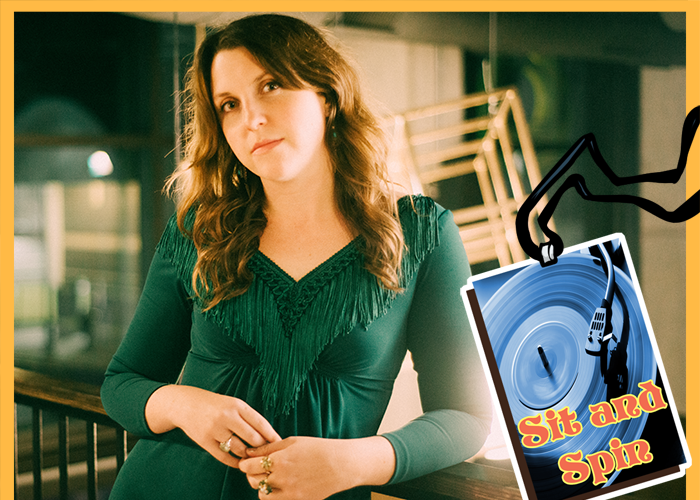
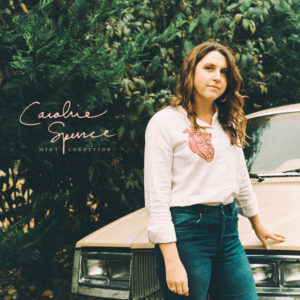 Artist: Caroline Spence
Artist: Caroline Spence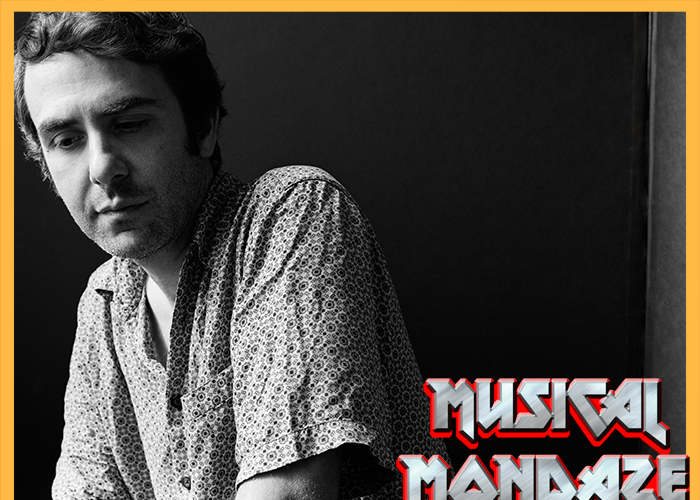
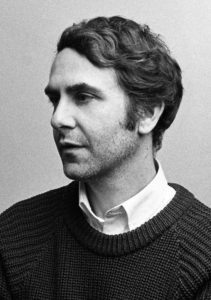
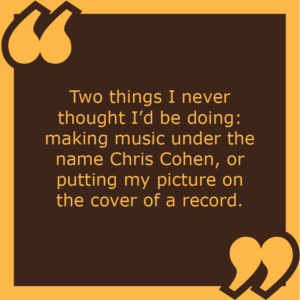 capacity, especially knowing that you’d be asked to reflect and impart on it all with folks like us?
capacity, especially knowing that you’d be asked to reflect and impart on it all with folks like us?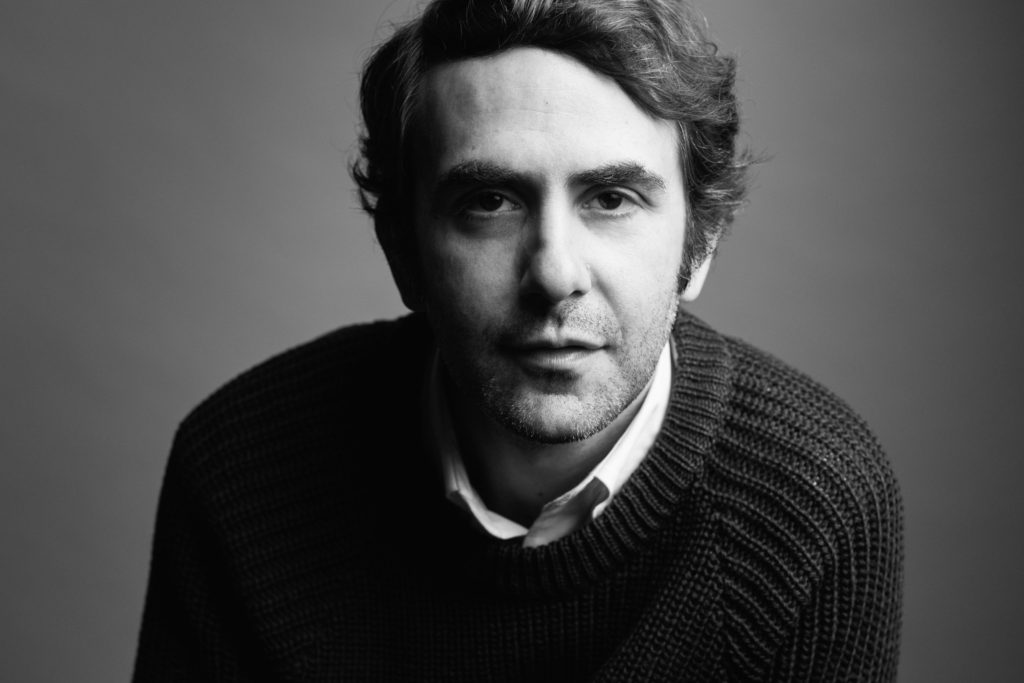
 TrunkSpace: Are you more at home in the studio or on the stage, and if one feels more comfortable to you, why do you think that is?
TrunkSpace: Are you more at home in the studio or on the stage, and if one feels more comfortable to you, why do you think that is?